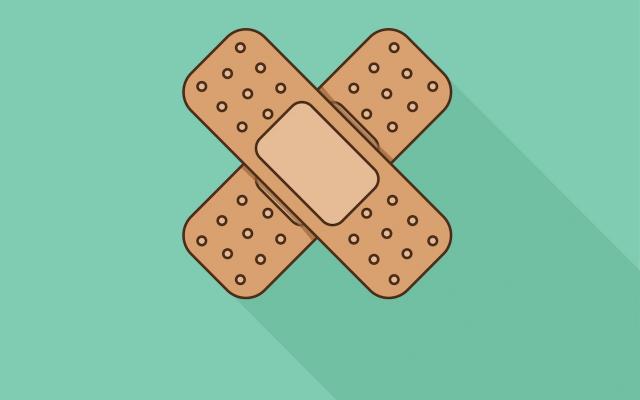Rosiglitazon en pioglitazon behoren tot de thiazolidinedionen (TZD’s) en zijn geregistreerd voor de behandeling van diabetes mellitus type 2 (DM2). TZD’s stimuleren kernreceptoren. Dit heeft vanaf het begin bezorgdheid opgeroepen ten aanzien van eventuele langetermijncomplicaties, zoals kanker. Echter, de klinisch relevante bijwerkingen tot nu toe zijn gewichtstoename en vochtretentie, hartfalen en botfracturen. Rosiglitazon ligt daarnaast onder vuur vanwege een mogelijk verhoogd risico op myocardinfarct zoals aangetoond in 2 meta-analyses en 1 analyse van de producent zelf (www.gsk-clinicalstudyregister.com/files/pdf/24040.pdf).1,2 Er was nogal wat commentaar op de meta-analyses: die zouden gaan over veel kleine, kortlopende studies, niet opgezet om cardiovasculair risico te onderzoeken, doch desalniettemin resulteerde dit in een zogenaamde ‘black box warning’ (een waarschuwing voor mogelijk ernstige bijwerkingen) van de Food and Drug Administration (FDA) voor het eventueel optreden van hartinfarcten en werd het gebruik van rosiglitazon ontraden in het behandelalgoritme voor DM2 zoals opgesteld door de American Diabetes…
Rosiglitazon: niet méér cardiovasculaire sterfte

Several meta-analyses imply that rosiglitazone increases the risk of myocardial infarction. However, the studies included were small and not designed to study the effect on cardiovascular risk. The Rosiglitazone Evaluated for Cardiac Outcomes and Regulation of glycaemia in Diabetes study (RECORD) was specifically designed to assess the effect of rosiglitazone on cardiovascular outcomes. After a mean follow-up of 5.5 years, the study showed no increase in cardiovascular hospitalisation or cardiovascular mortality with rosiglitazone and either metformin or sulphonylurea versus metformin/sulphonylurea combination therapy. There was a non-significant increase in myocardial infarction with rosiglitazone, but this did not result in increased mortality rates. Moreover, the Bypass Angioplasty revascularisation Investigation 2 Diabetes study (BARI 2D) showed no increase in myocardial infarction or cardiovascular death in type 2 diabetic patients with coronary disease who received insulin-sensitising therapy including rosiglitazone. Therefore, rosiglitazone can be prescribed as long as the indications are followed and the patients concerned do not have heart failure or an increased risk for this.




Reacties